Sodium-ion batteries (SIBs) present an opportunity for India to establish an indigenous energy storage ecosystem as the nation has an abundance of raw materials required for SIB production, particularly relative to lithium-ion batteries (LIBs), according to a new report developed as part of a bilateral programme of the Government of the United Kingdom and the Government of India.
The bilateral programme, Accelerating Smart Power and Renewable Energy (ASPIRE), is implemented by the Foreign Commonwealth and Development Office (FCDO), government of UK, in association with the Ministry of Power and Ministry of New and Renewable Energy, Government of India. KPMG is the lead implementation advisor to FCDO for this program.
The report states India is the third largest producer of sodium chloride (salt) worldwide, contributing 10% (26.5 million tonnes) to the global salt production in 2021. In addition to abundant salt reserve, the nation has production capacity for the other important SIB minerals such as iron ore, manganese ore, phosphates, and sulfur. This abundance of input materials, coupled with limited need for critical minerals such as cobalt, makes SIBs a viable choice for India to meet its energy storage needs.
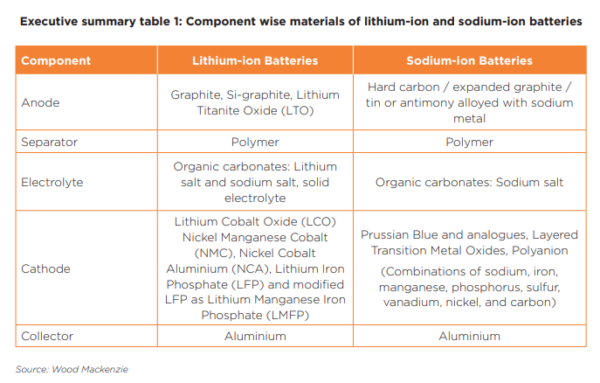
Notably, as per the Central Electricity Authority (CEA), India is likely to require 41.7 GW/208 GWh of cumulative BESS capacity by 2030 to meet its 500 GW RE capacity deployment target.
The report states SIBs make a viable choice for grid-scale storage applications with their comparable lifecycle, enhanced safety, and lower cost relative to LIBs.
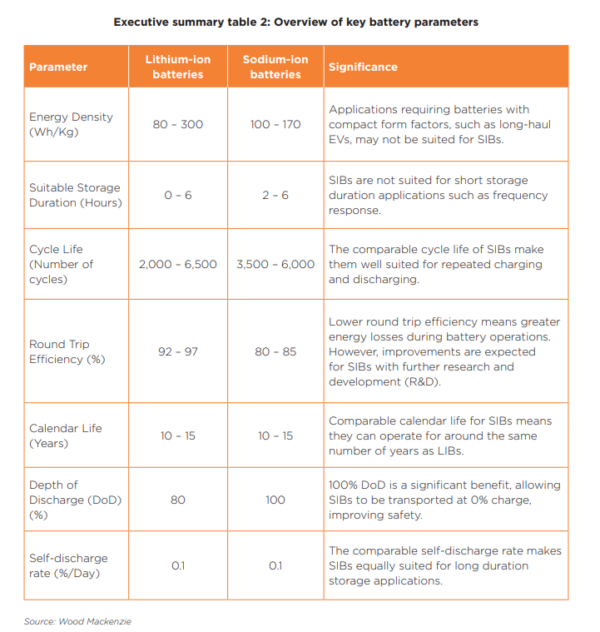
Based on their technical parameters, SIBs are well suited to address various grid-scale applications in India, including forward capacity or resource adequacy, distribution upgrade deferral, transmission congestion relief, and transmission upgrade deferral. These may also see deployment for daily energy arbitrage and daily and seasonal renewable firming applications.
Among other factors in favor of SIBs is a manufacturing process similar to LIBs, allowing for LIB production lines to be modified for use in SIB manufacturing. Further, the SIB cost is expected to steadily decline over the next decade, driven by advancements in technology, and economies of scale.
“By 2030, SIBs are expected to achieve costs that are 15-20% lower than those of LIBs, making them increasingly competitive for various applications,” states the report.
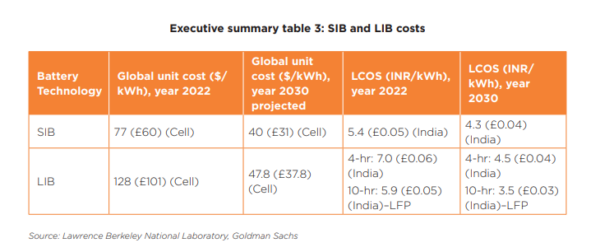
The report recommends incorporating SIBs within the policy framework to drive their uptake. India’s policy and regulatory initiatives to support the storage sector include the development of round-the-clock (RTC) and firm and dispatchable renewable energy (FDRE) tenders, production linked incentive (PLI) scheme for advanced chemistry cell (ACC) battery storage, inclusion of Energy Storage Obligations (ESO) within Renewable Purchase Obligations (RPO), and viability gap funding (VGF) for storage projects.
The report states Indian government and the UK government could collaborate in several ways to improve SIB research and manufacturing in India. Collaboration avenues could include joint research partnerships, business-to-business partnerships, combined efforts to scale up manufacturing capabilities, and sharing of policy and regulatory best practices.
The UK is home to some of the leading companies active in the SIB sector, including AMTE Power and LiNa Energy. Indian companies active in the SIB sector include Indi Energy, KPIT Technologies, Sodion Energy, Cygni Energy, and Uneverse.
This content is protected by copyright and may not be reused. If you want to cooperate with us and would like to reuse some of our content, please contact: editors@pv-magazine.com.
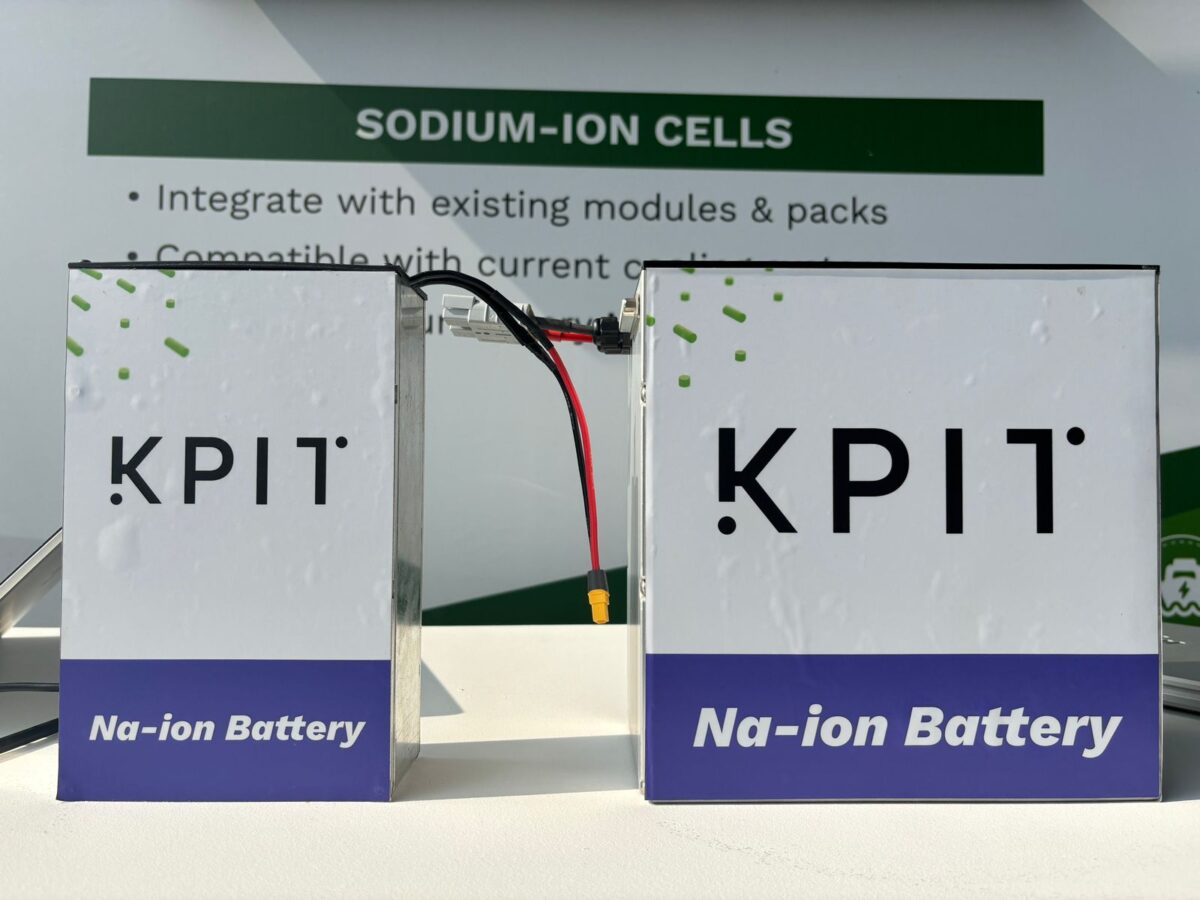
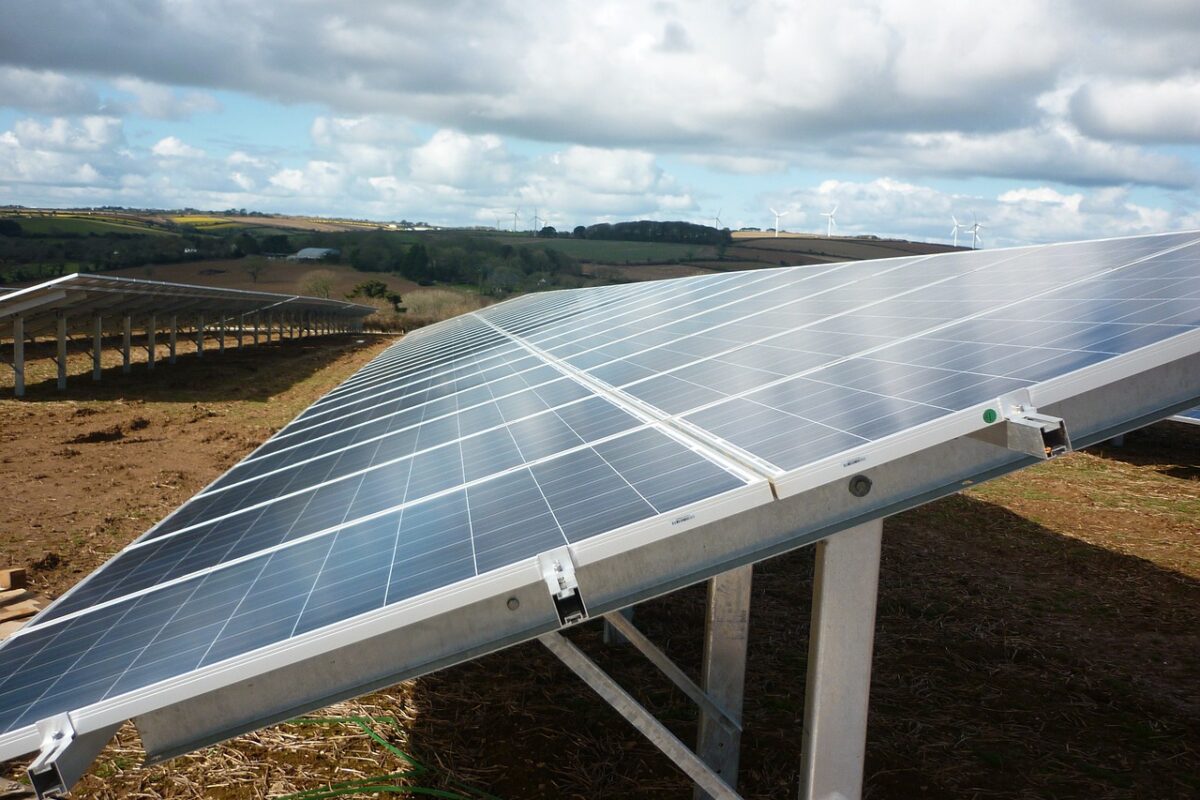



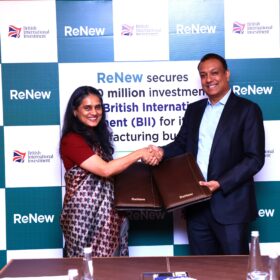
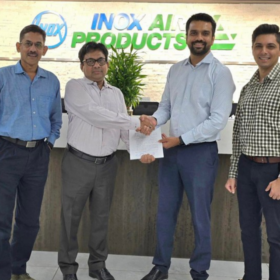
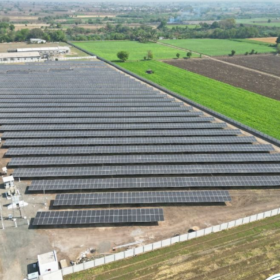
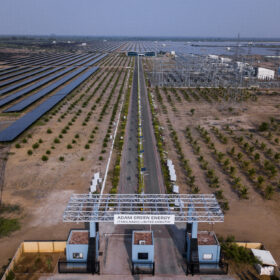
The energy-density of sodium-ion batteries is about half of lithium-ion ones.
The Indian Chemical Company ( ramcharanco.com ) will launch the cheapest solid-state battery from the abundant sodium-silicate in 2025. Although it’s energy-density is slightly less than other types of solid-state battery, it is the most environment-friendly ( 100 % recyclable ).
The Japanese Company Maxell launched a sulfide based solid-state battery in 2023, it is much more expensive than lithium-sulfer battery, which has quintuple/5-times the energy-density of lithium-ion ones even though costing a bit less.
Apart from being safer, solid-state batteries take much less time to fully charge and has triple the lifespan of lithium batteries.